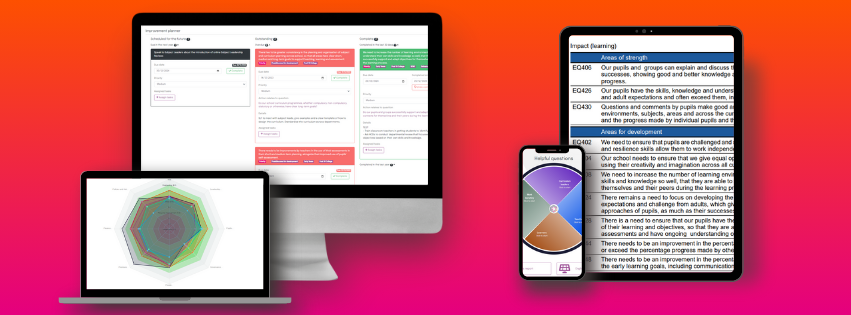Navigating the Path to Excellence:
Live School Improvement Planning
School improvement planning encompasses a structured process aimed at enhancing the quality of education and overall performance of an institution. It involves a comprehensive assessment of current practices, data analysis, goal setting, action planning, implementation, and continuous evaluation. By engaging stakeholders, leveraging data-driven insights, and fostering a culture of collaboration, schools can chart a course towards sustainable improvement and student success.

Key Components of School Improvement Planning
Data Analysis: Central to school improvement planning is the analysis of various data points, including academic performance metrics, student attendance records, discipline incidents, and stakeholder feedback. Data provides valuable insights into areas of strength and weakness, guiding decision-making, and priority setting.
Goal Setting: Clear and measurable goals serve as the cornerstone of improvement planning. These goals should be aligned with the school’s mission and vision, addressing specific areas for enhancement such as academic achievement, student engagement, teacher effectiveness, or school climate.
Action Planning: Once goals are established, schools develop action plans outlining specific strategies, timelines, and responsibilities for implementation. These plans may include initiatives such as curriculum enhancements, professional development programs, student support services, or community partnerships.
Resource Allocation: Effective resource allocation is critical for successful improvement planning. Schools must identify and allocate resources—whether financial, human, or technological—in a manner that maximizes impact and supports the implementation of planned strategies.
Monitoring and Evaluation: Continuous monitoring and evaluation are essential for assessing the effectiveness of implemented strategies, identifying challenges, and making necessary adjustments. By establishing feedback mechanisms and conducting regular progress reviews, schools ensure accountability and maintain momentum towards their goals.
Strategies for Effective School Improvement
Instructional Leadership: Strong instructional leadership is fundamental to school improvement efforts. Head Teachers and Senior Leaders play a pivotal role in setting expectations, providing support to teachers, and fostering a culture of continuous improvement.
Professional Learning Communities (PLCs): PLCs bring together educators to collaborate, share best practices, and engage in reflective dialogue. By promoting a culture of collaboration and collective inquiry, PLCs drive instructional improvement and teacher effectiveness.
Data-Informed Decision Making: Schools must embrace data-informed decision-making practices, leveraging data to identify trends, diagnose challenges, and inform instructional strategies. With assessment data, student performance metrics, and other indicators, educators can make targeted interventions to support student growth.
Community Engagement: Meaningful engagement with parents, families, and community stakeholders is essential for holistic school improvement. By building partnerships, soliciting input, and involving the community in decision-making processes, schools can cultivate a supportive environment conducive to student success.
School improvement planning is not a one-size-fits-all endeavour but rather a dynamic process tailored to the unique needs and contexts of individual schools. By leveraging data, setting clear goals, implementing strategic interventions, and fostering collaboration, schools can navigate the path to excellence and unlock the full potential of their students and communities. As we continue to strive for educational excellence, school improvement planning remains a powerful tool for effecting positive change and transforming lives.